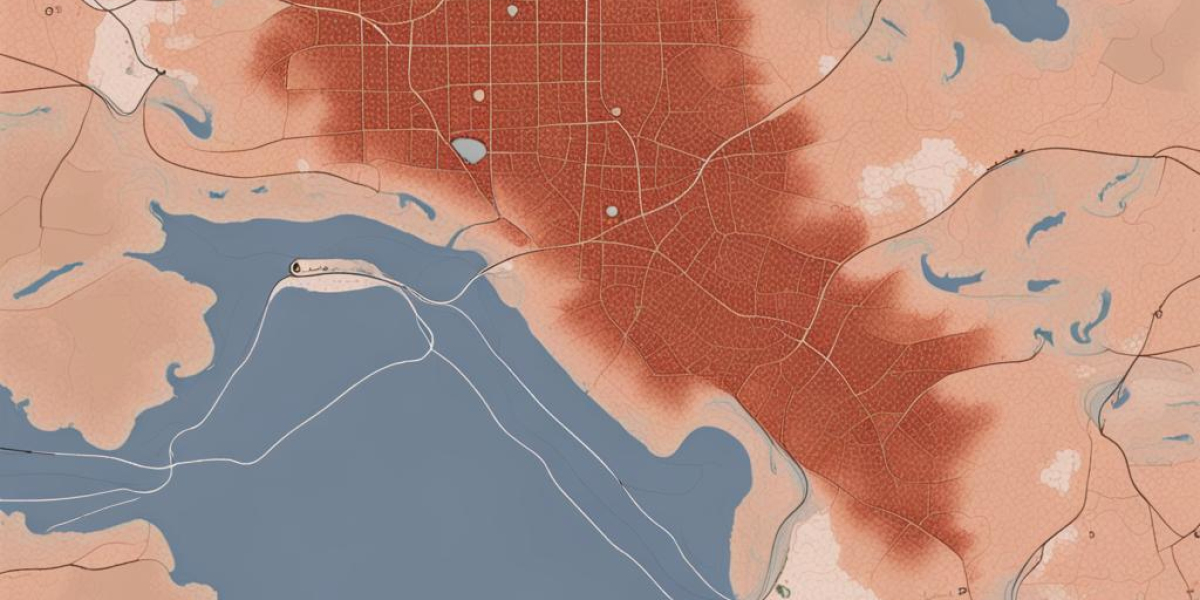The Tech-Sustainability Nexus:
The marriage of technology and sustainability is not just a trend; it's a necessity for addressing the pressing challenges facing our planet. From climate change to resource depletion, technology offers solutions that can drive positive change. Renewable energy sources, smart infrastructure, and eco-friendly innovations are reshaping industries and promoting a greener, more sustainable future.
- Renewable Energy Revolution:
One of the most significant contributions of technology to sustainability is the rise of renewable energy. Solar, wind, and hydroelectric power are becoming more accessible and cost-effective, paving the way for a cleaner and more sustainable energy grid. Advances in energy storage technology are addressing the intermittency issues associated with renewable sources, making them more reliable and scalable.
- Smart Cities for Sustainable Living:
The concept of smart cities is transforming urban living. Through the integration of technology, cities can optimize resource utilization, reduce energy consumption, and enhance the overall quality of life for their residents. Smart infrastructure, including intelligent transportation systems, waste management, and energy-efficient buildings, plays a pivotal role in creating cities that are both technologically advanced and environmentally sustainable.
- Sustainable Agriculture and Food Tech:
Technology is revolutionizing the agricultural sector, offering innovative solutions to address food security and environmental concerns. Precision farming, data analytics, and the use of drones contribute to sustainable agricultural practices by optimizing crop yields, minimizing waste, and reducing the environmental impact of farming activities. Additionally, advancements in alternative proteins and food tech are reshaping the way we produce and consume food, offering more sustainable alternatives to traditional agricultural practices.
- Circular Economy and Tech Innovation:
The concept of a circular economy, where products are designed for longevity, reuse, and recycling, is gaining momentum. Technology plays a crucial role in enabling a circular economy by facilitating the tracking and recycling of materials, reducing waste, and promoting a more sustainable approach to production and consumption. Blockchain technology, for example, can be utilized to create transparent and traceable supply chains, ensuring responsible sourcing and disposal of products.
Embracing Change:
To harness the full potential of the tech-sustainability nexus, businesses and individuals must embrace change and adopt a forward-thinking mindset. Investing in research and development, fostering innovation, and promoting collaboration between industries are essential steps in navigating this transformative journey.
Conclusion:
The integration of technology and sustainability is not just a trend but a fundamental shift in how we approach progress. By leveraging the power of technology, we can address the challenges of our time and create a future that is both technologically advanced and environmentally sustainable. It is imperative that businesses, policymakers, and individuals alike actively participate in this paradigm shift to ensure a brighter and more sustainable future for generations to come.







